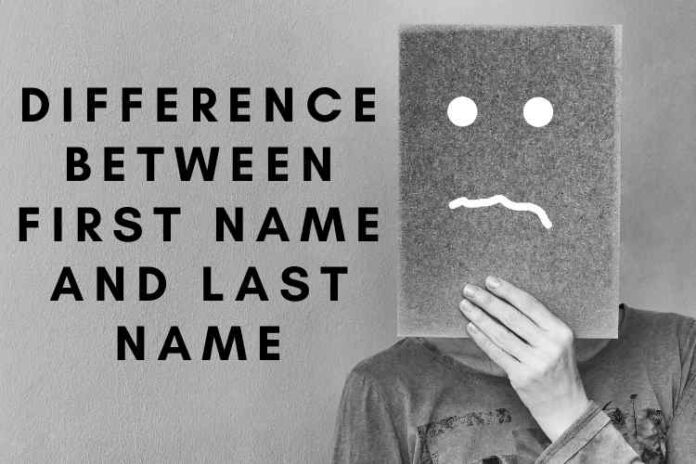What is the difference between have been and had been
Many individuals get the terms “has been,””have been,” and “had been” mixed up. In this article, we’ll go through the key distinctions in detail. Do you have trouble using the right form while speaking or writing in English? We’ll study the differences between have been and had been in this lesson.
Remember that the greatest method to learn grammar is to practice it! While you practice, you will be able to have a better knowledge of how to use each grammatical structure in common situations when speaking or writing in English. There are two significant distinctions, without going too technical:
The phrases “have been” and “has been” are used to express that something began in the past and is still going on now.
The words “have been” and “has been” are used to indicate that something started in the past and has continued into the present.
- “Had been” – anything that started in the past, lasted for a while, and then came to an end. It’s all in the past now.
RELATED – KNOW THE MAJOR DIFFERENCE BETWEEN CO-CURRICULAR AND EXTRACURRICULAR ACTIVITIES
Examples
Before Laila came, they had been conversing for nearly an hour.
The youngster has been excited for the museum excursion until it was postponed last month owing to the coronavirus.
2. “Has been” and “Have Been” refer to anything that started in the past and has continued into the present, or something that was just completed.
In general, “has” is used with singular nouns in the third person singular (“he”, “she”, “it”).
Examples
Anas has been working for this firm for over ten years. [He is still employed here.]
All night long, the dog has been barking. [It’s still in the present and barking in the middle of the night.]
In general, “have” is used for singular and plural nouns in the first and second person (when employing “I,” “we,” “they,” and “you”).
Examples
I have been looking for my missing top all day.
The boys have been so committed in getting the company launched.
The present perfect tense is used in both “has been” and “have been.””Has been” is used in the third-person singular, whereas “has been” is used in the first- and second-person singulars, as well as all plurals. The present perfect tense alludes to an ongoing activity that began at some point in the past. For example, I began studying piano at the age of 13 and have continued to do so, I would say, “I have been studying piano since I was 13 years old.”
The past perfect tense is “had been,” and it is used in all cases, single and plural. The past perfect tense refers to anything that started in the past and continued to be true at a later point in time. So, if I started studying piano at the age of 13, married at the age of 21, and now I am 55, I might say, “When I got married, I had been studying piano for 8 years.” The phrase “when I got married” refers to a certain point in time, whereas “had been studying for 8 years” indicates that the studying was still ongoing at a different point in time. It’s worth noting that it doesn’t matter if I’m still studying music in the present tense in this situation; the phrase is valid in any case.
That’s all there is to it. If you’ve been trying to figure out the difference between “had been,””has been,” and “have been,” I hope this helps. If there’s anything else you’d like us to cover on our blog, please let us know in the comments section below.


